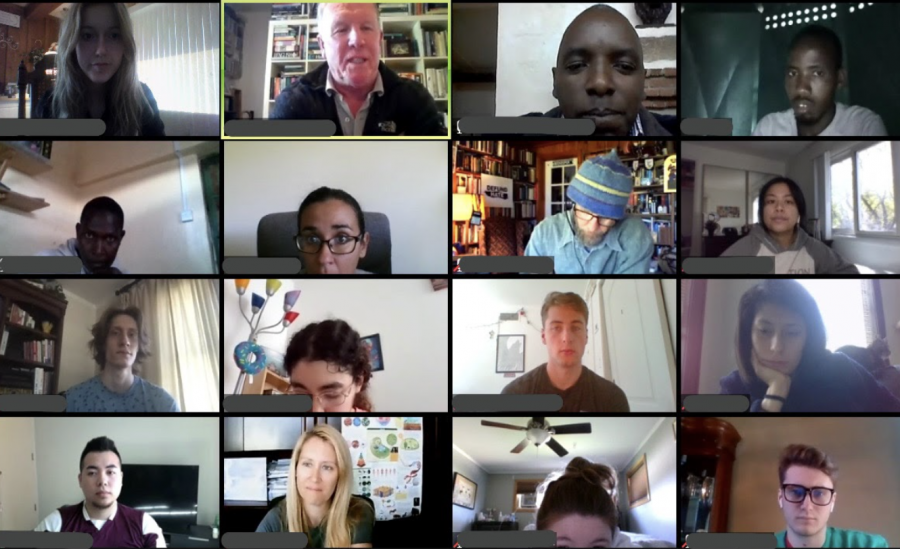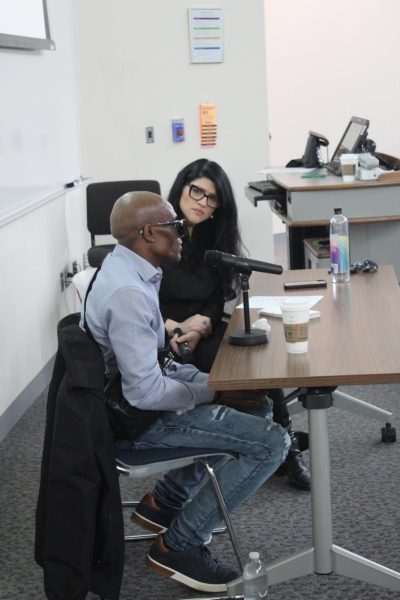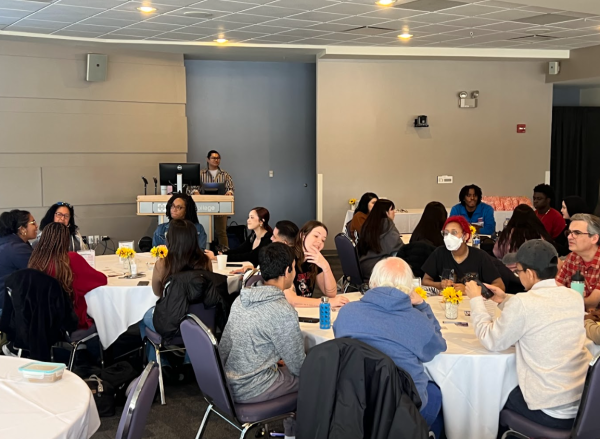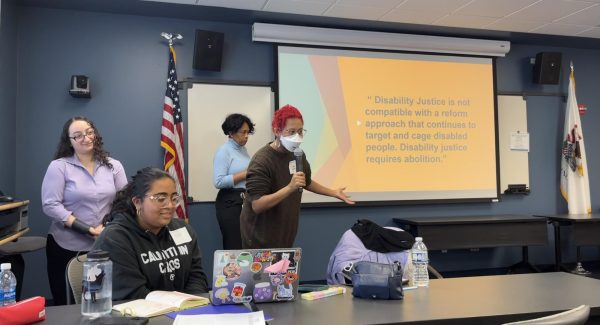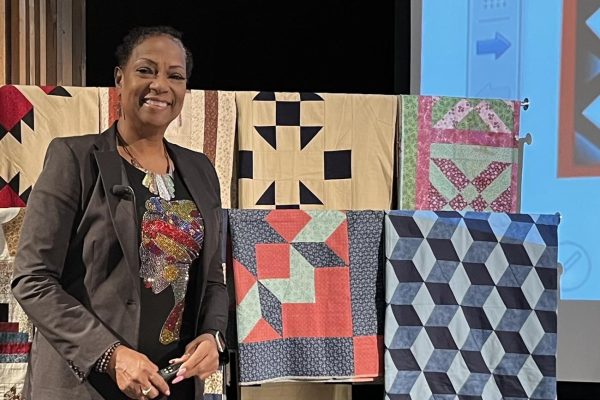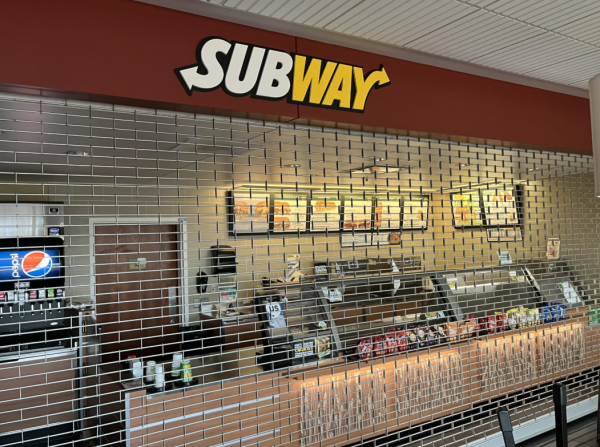Edu-Africa brings the world to Harper’s fingertips
Environmental biology student Katie Meyer always knew she wanted to study abroad in college. When the pandemic hit, however, her hopes of doing so were destroyed.
Nevertheless, Meyer was able to step outside of traditional American learning through a virtual global exchange as part of her environmental biology course.
This spring 2021 semester, a team of Harper professors, including Mukila Maitha of the geography department, collaborated with Edu-Africa to provide students a unique intercultural learning experience from the comfort and safety of home.
Edu-Africa facilitates transformative learning opportunities from its four offices in South Africa, Zimbabwe, Kenya and Tanzania through many program options, including faculty-led and virtual options.
Before the Covid-19 pandemic, Edu-Africa welcomed educators and their students from around the world to encourage students to push for international communication and change.
Harper staff and the Edu-Africa program leaders worked together to orchestrate a three-week virtual session about the Maasai Mara Wildlife Conservancies Association (MMWCA) in Kenya.
Focused on the Naboisho conservancy, Harper staff and students in environmental science, organismal biology, composition (English 102) and physical geography engaged in three 60-minute discussions with Edu-Africa facilitators, partners, Massai Mara community members and other experts in the area and completed supplemental readings and lectures each week.
“This semester truly is the first semester Harper has done virtual intercultural exchange programs,” organismal biology professor Nellie Khalil said. “As much as it was exciting, it was also a learning experience for us [Harper staff], and we hope to expand these programs with Edu-Africa and other groups.”
“A major part of what we want to do is bring experiences that students do not normally have to you all,” Khalil elaborated.
Maitha, a physical geography professor and former Kenya resident, agreed.
“Edu-Africa was quite special to me, and I am still processing it,” Maitha explained.
Several of the courses involved in the program discussed Edu-Africa content through the end of the semester after the three-week session officially ended on May 5.
“I was born in Kenya, and I’ve been to the Maasai Mara, so this was an emotional experience where I was able to bring this part of the world to my students and the college as a whole,” Maitha added.
With the multiple courses that participated and having contact with experts in the field, Maitha said that “students were able to consider multiple perspectives of conservancies” through the lenses of biology, social justice and politics.
“Students may not have an opportunity like this again to learn about Kenya,” Maitha explained.
Organismal biology student Caleb Law echoes this sentiment.
“I did not know much about Africa, the landscape and the lifestyles there before,” Law said.
However, Law found the experience useful.
“I was able to apply what I learned in biology to the conservancy and savannah in real-life,” Law said. “Because I had to work with it, I will remember this material from the course the most.”
Similarly, Meyer loved being able to interact with people from other countries, including Kenya and the UK.
“It almost felt like I was there,” Meyer said.
English professor and Office of International Education Faculty Director Dr. Richard Johnson explained the innovativeness of the program and its staff leaders.
“This collaborative and interdisciplinary program with Edu-Africa represents the ‘virtual exchange’ that will define the future of international education,” Dr. Johnson stated. “For all of the challenges posed by the pandemic, the development of online global learning opportunities such as this program has been a welcomed addition to the portfolio of intercultural learning.”
Both Dr. Johnson and the Harper community look forward to continuing Edu-Africa and other programs that expand the knowledge and experiences of their students.
Other programs running or in the works include the IREX Global Sustainability Challenge, where students in the US, Iraq and Jordan collaborate to investigate environmental issues, and SENA Colombia, a partnership between Harper students in the ESL training program and those in Colombia.
As Harper looks forward to additional opportunities for those who may have missed out this time, Edu-Africa facilitators and Harper staff value feedback from those who participated — especially the students.
Student Richard Schaller greatly enjoyed the program and mentioned that “the case study was an embodiment of the phrase ‘short but sweet’ and enriching,” with his sole suggestion being additional sessions to further flesh out the material.
Dr. Stewart Thompson of Oxford Brookes University in the UK, a practicing conservation professional for multiple decades who helped guide students and answer questions during the program, shared similar suggestions yet expressed his excitement for how the program went and how it could look in the future.
“I am a passionate believer in outdoor learning where young people are desperate to learn and be mobilized,” Thompson explained.
Although different from being physically at the conservancy as he has been, Dr. Thompson believes the program captured the experience “exceptionally well.”
“We all had to take a leap of faith for this program,” Thompson added. “Harper was a great group, one that made my job easier and fun.”
“Being involved with the Maasai Mara and as educators, we want to reach out to special places like Harper,” Thompson said. “We need Harper and others to help us in the movement.”


